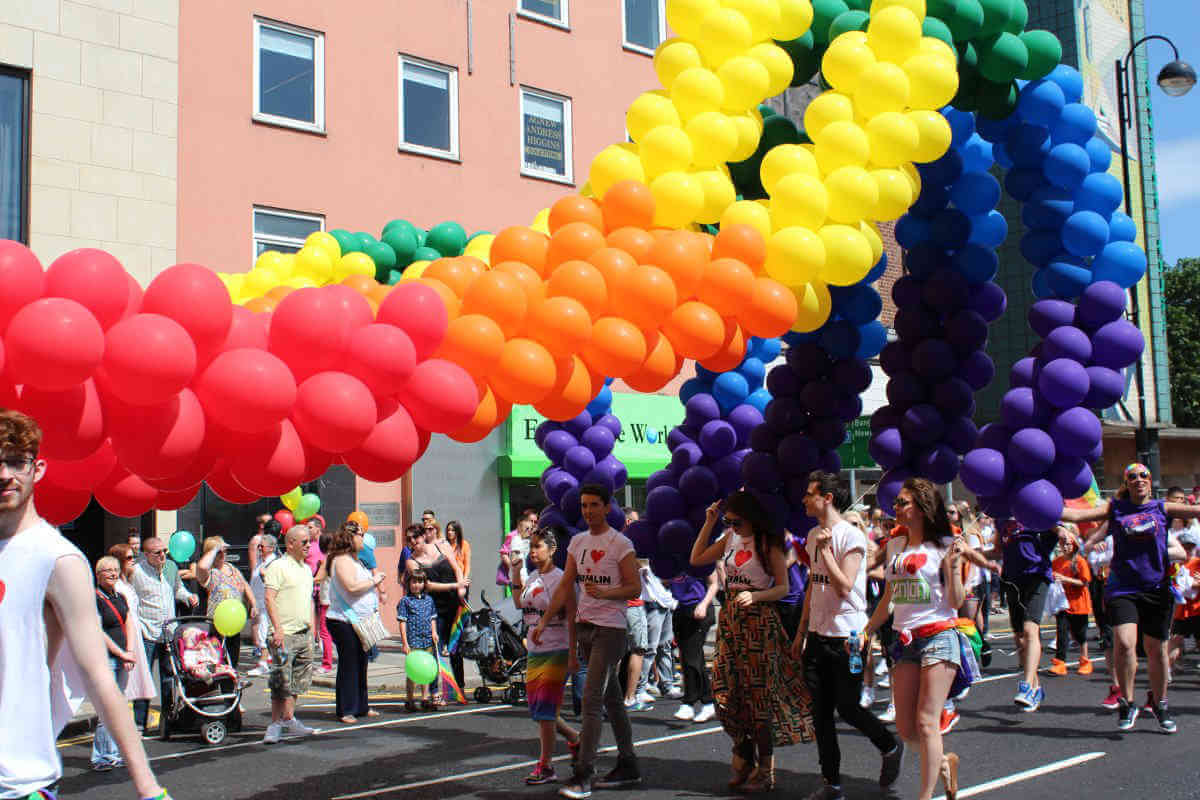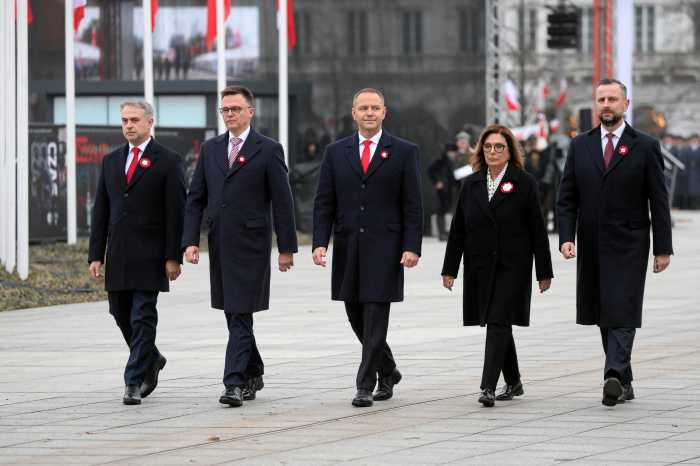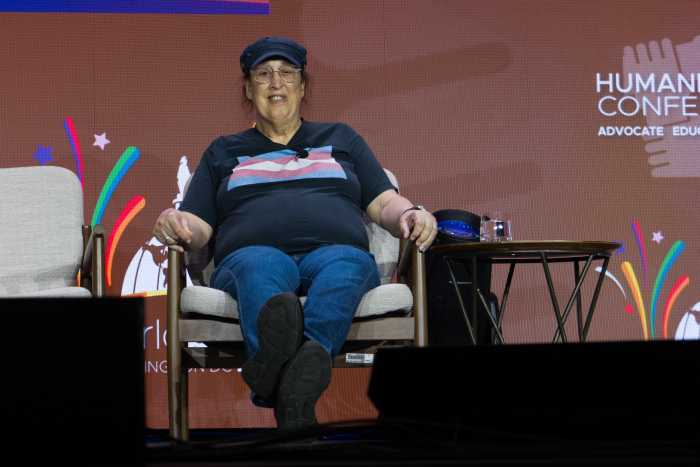Same-sex marriage and abortion rights are finally due to arrive in Northern Ireland, with the reforms becoming law three months after the British Parliament voted to approve the measures, representing a significant step forward for a territory that has long been gripped by conservative values.
The new laws, which went into effect at midnight on October 22, provide women in Northern Ireland with rights that have been in place in the rest of the United Kingdom since 1967. Abortions will become decriminalized immediately and folks will be able to undergo abortions for free beginning in March of 2020, according to The Guardian.
Same-sex marriages are slated to begin on February 14, Valentine’s Day, roughly six years after marriage equality took effect in England and Wales and more than five years after Scotland followed suit.
Marriage and abortion rights became a reality thanks to the inaction of the conservative local government, which had been suspended for nearly three years due to rifts between the pro-British Protestant faction and Catholic-based Irish nationalists. In the absence of local authority, Parliament in London opted to amend legislation in Northern Ireland to provide those rights, giving the Northern Ireland Assembly — also known as Stormont — until the October deadline to take action to the contrary. Lawmakers in Northern Ireland tried to end their long-standing stalemate and convene hours before the deadline in order to thwart London’s effort, but failed to achieve a quorum to take action.
The introduction of legal abortions represents an historic boost for the reproductive health rights of women, transgender men, and gender non-binary individuals in a territory where people have previously been forced to flee elsewhere to exercise their right to choose.
Strong opposition to the changes is expected, including legal challenges. It is not clear whether attempts to sideline the legislation could be successful, but in the meantime many local supporters rejoiced, though some voiced only cautious optimism.
Paul Twocock, who is the chief executive of an LGBTQ group dubbed Stonewall UK, said, “LGBT people in Northern Ireland have waited for too long for marriage equality and we can’t wait to see same-sex couples across Northern Ireland marrying the person they love.”
Longtime LGBTQ activist Peter Tatchell tweeted that the breakthrough was a “ huge defeat for the bigoted” Democratic Unionist Party, the pro-British and predominant political faction in Northern Ireland.
The Women’s Equality Party in Britain, meanwhile, hailed the victory as “a huge victory” for those who have campaigned on the issue for years. But the party also contained its excitement because of the months-long delay before the regulations become official.
“While women in Northern Ireland no longer face prosecution, they will have no abortion services until new regulations are in place by April 2020 or until power sharing resumes in Stormont,” Mandu Reid, who leads the party, said in a written statement. “That means women have to travel abroad to actually have an abortion.”
In the nearby Republic of Ireland, a bill legalizing abortion rights was passed in December of last year and individuals have been able to receive abortions since January. Same-sex marriage rights have been in place there since 2015.

































